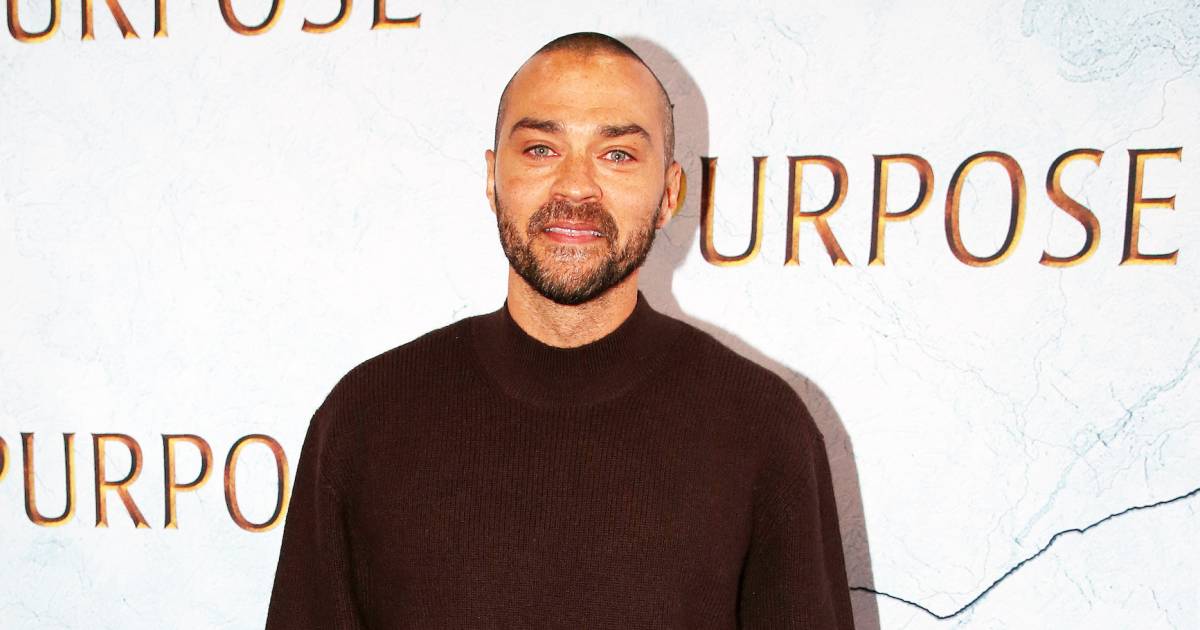Custody Clash: Jesse Williams Alleges Aryn Drake-Lee Breached Court Agreement
In a dramatic escalation of their ongoing legal battle, actor Jesse Williams has filed court documents alleging his ex-wife, Aryn Drake-Lee, violated their custody agreement concerning their two children. The Grey’s Anatomy star claims Drake-Lee failed to adhere to stipulated visitation terms, reigniting tensions in their six-year co-parenting arrangement. The dispute, filed in Los Angeles Superior Court last week, underscores the challenges high-profile couples face when navigating post-divorce family dynamics.
Background of the High-Profile Custody Dispute
Williams and Drake-Lee finalized their divorce in 2020 after nearly a decade of marriage, with their settlement including detailed provisions for shared custody of their daughter and son. Court records show the former couple initially agreed to a 50-50 parenting split, with specific guidelines for holidays, travel, and decision-making responsibilities. However, sources close to the situation indicate communication breakdowns began as early as 2022.
“Even with the most comprehensive agreements, emotions can override logic when it comes to parenting time,” explains family law attorney Miranda Cole, who has handled numerous celebrity custody cases. “What starts as minor deviations from the schedule often snowball into major conflicts requiring court intervention.”
Alleged Violations and Legal Ramifications
Williams’ filing outlines three primary allegations:
- Unauthorized relocation of the children during his scheduled parenting time
- Failure to consult on major medical decisions as required by their agreement
- Repeated denial of video-call access during Drake-Lee’s custodial periods
Legal experts note such accusations, if proven, could constitute contempt of court. “Judges typically view custody orders as binding contracts,” says Cole. “Willful violations can result in modified arrangements, fines, or in extreme cases, changes to primary custody.”
Data from the National Parents Organization reveals that approximately 32% of shared custody agreements face enforcement actions within five years of divorce. High-conflict cases involving public figures often prove more contentious, with 68% requiring multiple court interventions according to UCLA Family Law Review statistics.
The Emotional Toll on Co-Parenting Relationships
Child psychologists emphasize how prolonged custody battles impact all parties involved. Dr. Ellen Torres, a family therapist specializing in divorce cases, observes: “Children in high-conflict custody situations exhibit anxiety symptoms at three times the rate of peers with amicable co-parenting arrangements. Even when parents believe they’re shielding kids from disputes, children invariably sense the tension.”
Friends of both parties suggest the current conflict stems from differing parenting philosophies rather than malicious intent. Drake-Lee, a successful real estate broker, reportedly prioritizes educational consistency, while Williams’ acting career demands flexible scheduling. Such fundamental differences mirror challenges faced by 43% of divorced couples according to recent Pew Research data.
Potential Outcomes and Next Steps
The court has scheduled a mediation session for next month before considering formal hearings. Legal analysts predict several possible resolutions:
- Status quo maintenance with stricter enforcement mechanisms
- Revised custody schedule accounting for both parents’ professional demands
- Appointment of a parenting coordinator to mediate future disputes
As the case unfolds, it serves as a stark reminder of how even meticulously crafted agreements require ongoing cooperation. “The best custody arrangement is only as strong as the parents’ commitment to making it work,” notes Dr. Torres. “When communication fails, the legal system becomes the default mediator.”
Broader Implications for Co-Parenting After Divorce
This high-profile dispute highlights systemic challenges in family court systems nationwide. Recent reforms in several states emphasize:
- Mandatory co-parenting counseling for high-conflict cases
- Clearer enforcement protocols for custody violations
- Alternative dispute resolution options to reduce court burdens
For parents navigating similar challenges, experts recommend documenting all communications, utilizing neutral exchange locations, and seeking therapeutic support. As this case demonstrates, even celebrity status and financial resources don’t insulate families from the emotional complexities of shared parenting after divorce.
Those facing custody challenges can find resources through local family courts or the American Bar Association’s family law section. With proper support and conflict resolution strategies, many families successfully transition to cooperative co-parenting relationships over time.
See more The Buzz Live

